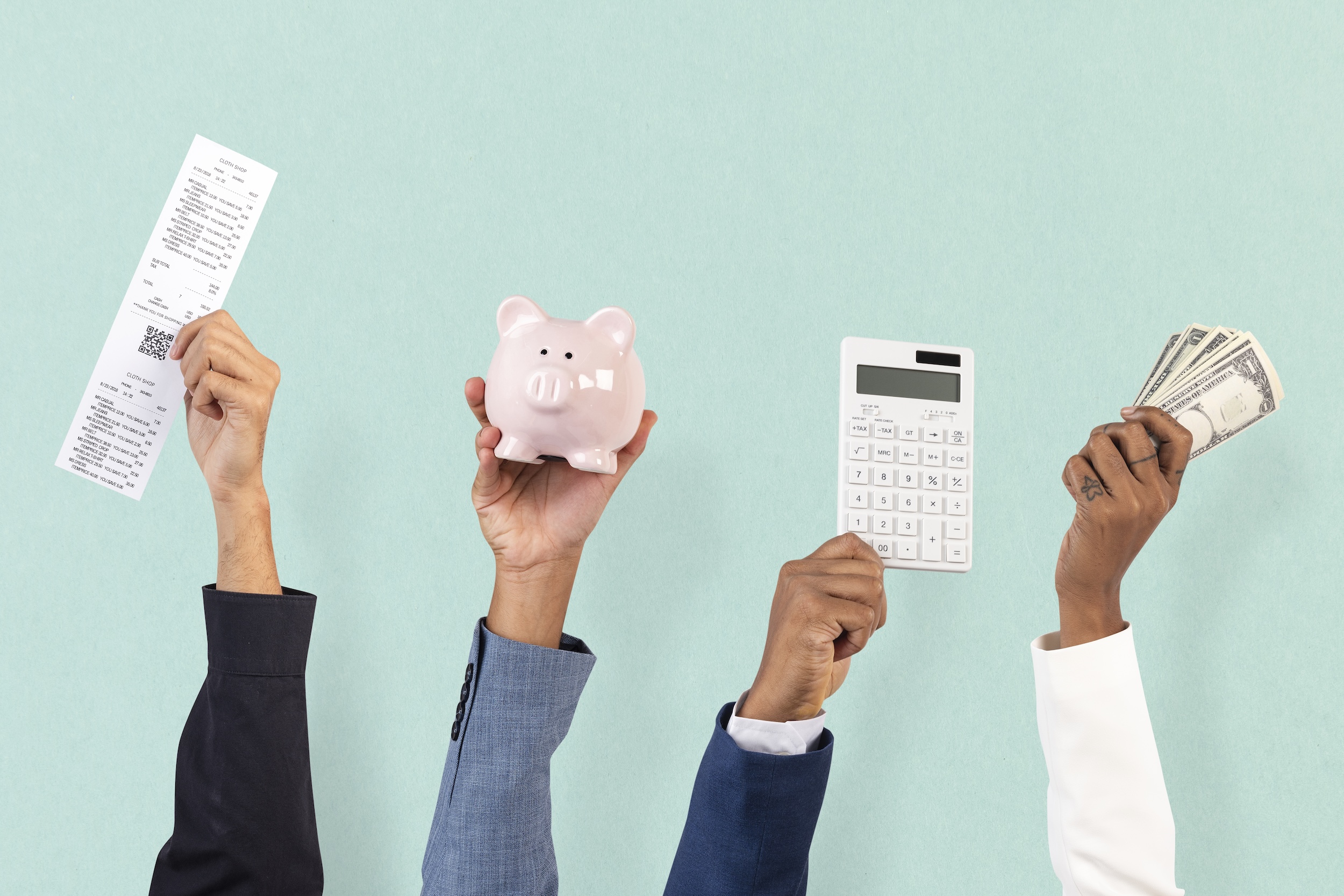A beginner’s guide to the first home super saver scheme

You may be eligible to use your superannuation to help buy your first home using the first home super saver scheme. Below is a quick overview of the basics.
There are a lot of things to think about during the home-buying journey — it can feel both exciting and daunting, especially if it’s your first time. If you’re in the early planning phase and working out ways to save for your deposit, the first home super saver (FHSS) scheme may be something worth looking at.
The FHSS scheme allows you to save for your first home deposit within your superannuation account. The scheme may be an opportunity for some to save on tax — eligible super contributions are taxed at 15% compared to your marginal tax rate outside super. The higher your tax rate, the better the benefits.
To participate in the FHSS, you need to meet certain criteria. You must be 18 years or older, have never owned property in Australia before, and intend to live in the property you purchase as your principal place of residence. These contributions can be made through salary sacrifice or personal contributions. Once you’re ready to buy your first home, you can apply to release your funds.
Under the scheme, up to $15,000 in eligible super contributions can count towards your first home savings each financial year. Let’s look at how the tax savings could translate for an individual earning $100,000 a year and making a $15,000 a year concessional contribution into super, for their first home deposit:
| Outside Super | Inside super | |
|---|---|---|
| Marginal tax rate | 34.5% (including Medicare levy) | 15% |
| Tax payable | $5,175 | $2,250 |
| Net amount saved per year | $9,825 | $12,750 |
There are rules and process complexities that you should be aware of before making additional super contributions or deciding to save for your deposit with the scheme. For example, once your money is in super, you can only release funds to purchase your first home. So, if you change your mind and decide not to buy, or if you don’t meet all eligibility requirements, your money will remain in the superannuation system until you meet normal super withdrawal eligibility criteria (generally, until you retire).
Any advice is general in nature only and has been prepared without considering your needs, objectives or financial situation. Before acting on it you should consider its appropriateness for you, having regard to those factors. Before making any decision about whether to acquire a financial product, you should obtain the Product Disclosure Statement.
Latest News Articles
Back to Latest News
What a Financial Plan Actually Looks Like

Realistic Budgeting Tips for Australians in 2026


